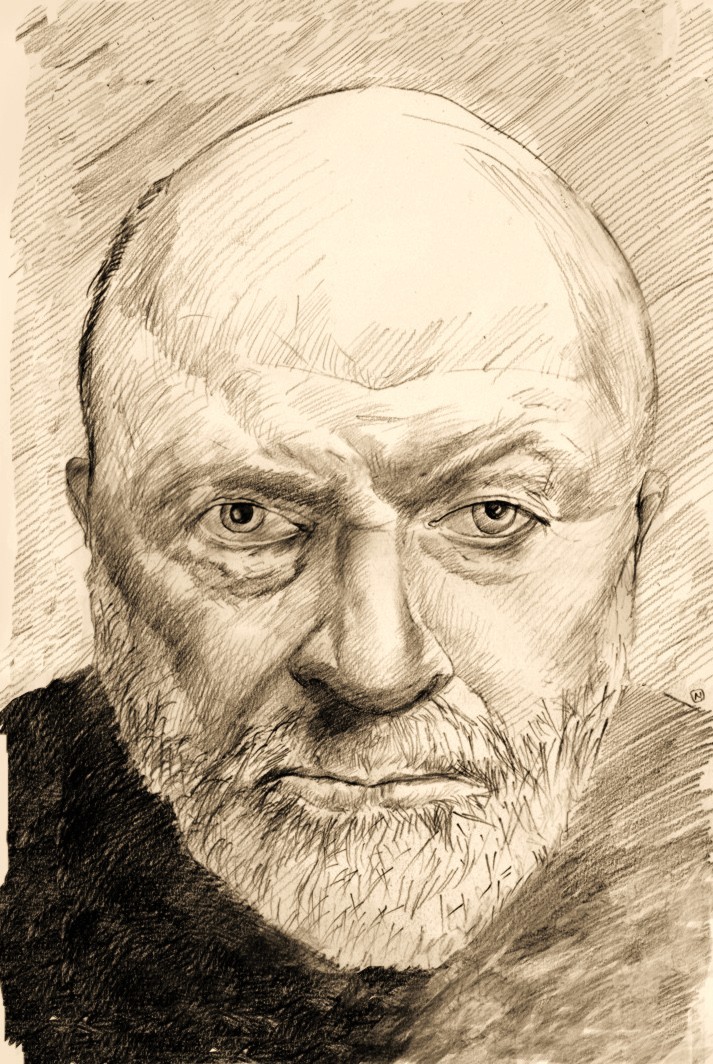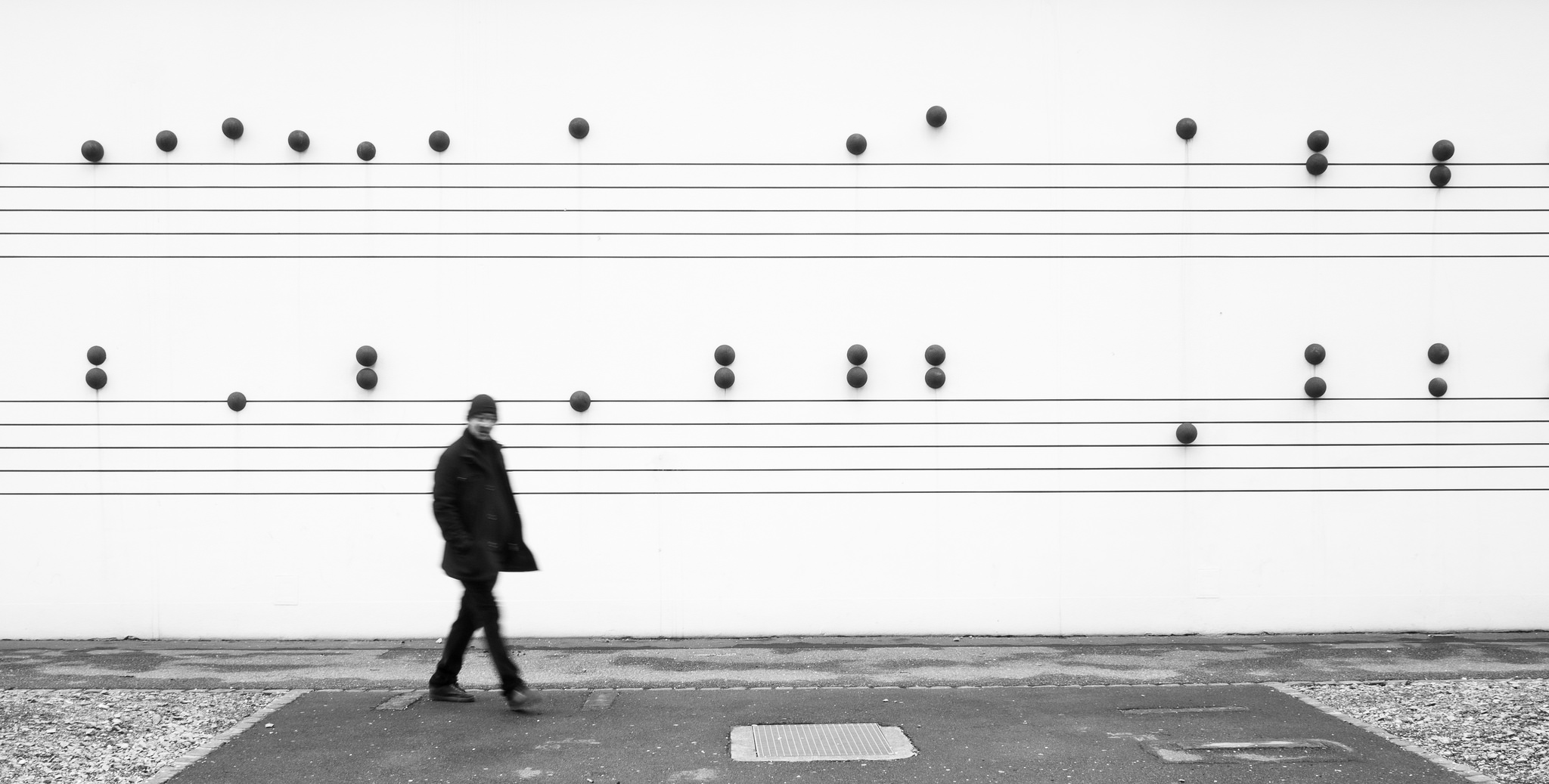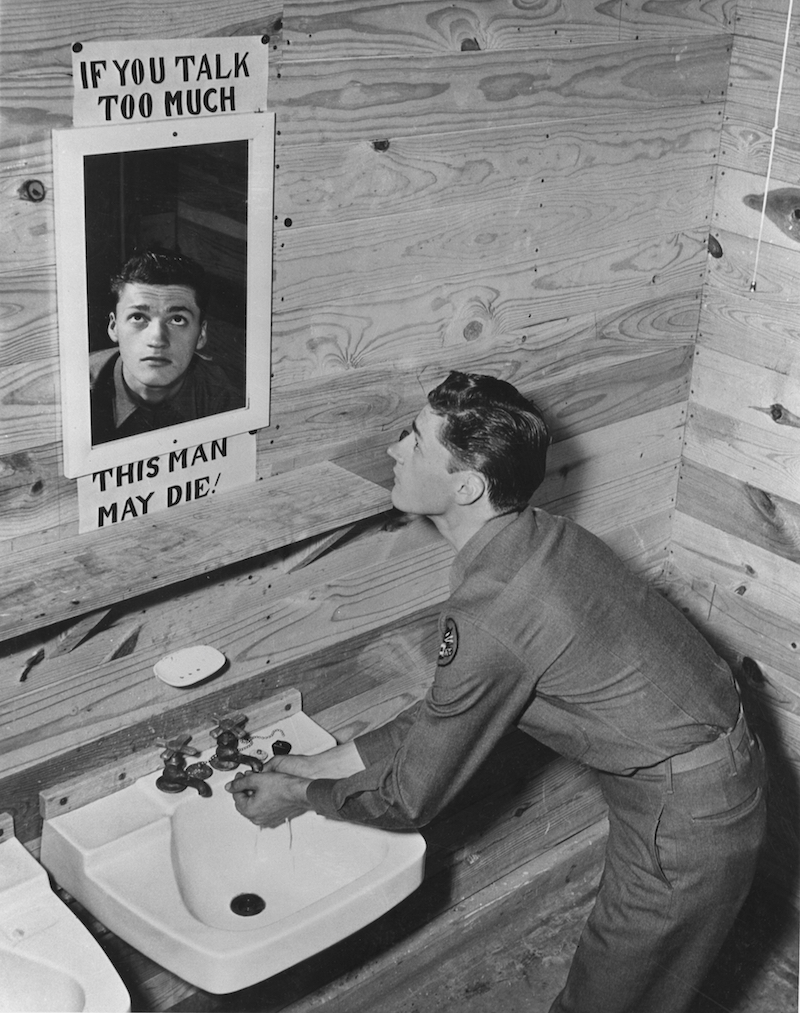Jack White found the pulse of “Seven Nation Army” at a sound check in Australia. "What do you think of this?" he said to a friend who was passing by, before launching into what would become one of the most famous guitar riffs in history. ("It feels less like someone wrote it than it was unearthed. It's something that's always been there," Tom Morello of Rage Against the Machine told the BBC in 2014, a decade after the song's release). The song that, in time, was to come of that riff has been blasted from stadium loudspeakers across the world, has stood atop Billboard's rock chart, and now holds a place in Rolling Stone's Top 500 Songs of All Time.
"It's all right," White's friend said.
“It’s almost great when people say that,” White continued, "because it makes you get defensive in your brain and think, no, there’s something to this. You don't see it yet. It's gonna get there. You gotta have some imagination, you tell yourself."
White’s story, recounted in the documentary It Might Get Loud, brought to mind a passage from In the Blink of an Eye: A Perspective on Film Editing, by Walter Murch, in which the Oscar-winning editor of Apocalypse Now and The English Patient likens the dynamics at play between a director and his editor to those found within a certain kind of dream therapy:
“In dream therapy there is a technique that pairs the patient—the dreamer, in this case—with someone who is there to listen to the dream. As soon as possible after waking, the dreamer gets together with his listener to review the dreams of the previous night. Frequently there is nothing, or just a single disappointing image, but this is usually enough to begin the process.
“Once the image is described, the listener’s job is to propose an imaginary sequence of events based on that fragment. An airplane, for instance, is all that is remembered. The listener immediately proposes that it must have been an airliner flying over Tahiti filled with golf balls for a tournament in Indonesia. No sooner has this description been offered than the dreamer finds himself protesting: ‘No, it was a bi-plane, flying over the battlefields of France, and Hannibal was shooting arrows at it from his legion of elephants.’
“In other words, the dream itself, hidden in the memory, rises to its own defense when it hears itself being challenged by an alternate version, and so reveals itself. This revelation about bi-planes and elephants can in turn prompt the listener to elaborate another improvisation, which will coax out another aspect of the hidden dream, and so on, until as much of the dream is revealed as possible.”
“We are mysteries to ourselves,”poet Geoffrey Hill found himself saying when questioned by The Paris Review. What could be more true? If we knew ourselves as God is said to know us, we’d have no need of art. Negotiating resistant distance is central to the creative act.
When a poet like John Keats is composing, for example, as literary critic Sven Birkerts once observed, “it is not a case of the poet’s inventing lines, but rather of his finding sounds and rhythms in accordance with the promptings of the deeper psyche. The poet does not rest with a line until he has released a specific inner pressure.”
And perhaps because it is born of resistance, art can engender meaningful resistance in others. “Tyranny requires simplification,” Geoffrey Hill says in the same interview. “[A]ny complexity of language, any ambiguity, any ambivalence implies intelligence. Maybe an intelligence under threat, maybe an intelligence that is afraid of consequences, but nonetheless an intelligence working in qualifications and revelations . . . resisting, therefore, tyrannical simplification.”
In 2011, White’s song became an anthem of the Arab Spring; it was featured on a Democracy Now! broadcast after Egyptian-born writer Mona Eltahawy opened an influential column this way:
“As the people of my homeland, Egypt, stage a popular uprising against the 30-year dictatorship of Hosni Mubarak, the White Stripes keep singing in my head: ‘I’m gonna fight ’em off /A seven-nation army couldn’t hold me back!’
“I don’t know if Jack and Meg of the White Stripes are watching the breathtaking developments taking place in my country. However, their thumping, pumping ‘Seven Nation Army’ is a perfect anthem for the defiance and adrenaline-fueled determination that must be propelling the tens of thousands of courageous, protesting Egyptians.”
In It Might Get Loud, White is telling his story to Jimmy Page and The Edge. He was thankful for his friend’s resistance. It helped him find his song.
“I kept at it,” he said.


 When
When 


 “Look for contrast, look for repetition—you’ll find your melody.”
“Look for contrast, look for repetition—you’ll find your melody.”
![By Masao Nakagami [CC BY-SA 2.0 (http://creativecommons.org/licenses/by-sa/2.0)], via Wikimedia Commons](https://images.squarespace-cdn.com/content/v1/5898e29c725e25e7132d5a5a/1508808035105-2RO1L6V7MSY94EEGYLTE/Early_White_Stripes.jpg)








